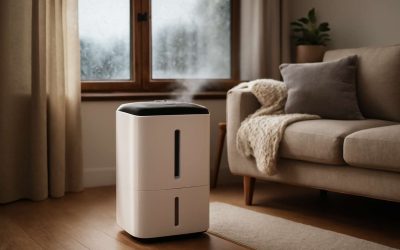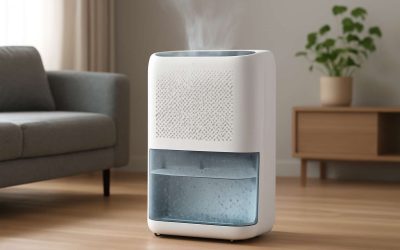
Whether you are at home, in your office, or on a plane, air quality can make a huge difference to your health and comfort. The smallest pollutants – PM 2.5 – can enter the respiratory system and travel through the body, affecting the heart and lungs.
It is also linked to chronic obstructive pulmonary disease, lung cancer, asthma and premature death. The World Health Organization’s (WHO) new air pollution guidelines, which were updated in September 2021, halved the acceptable concentration of PM 2.5 from 10 micrograms per cubic meter to 5 micrograms.
Some countries are doing a lot to improve their air quality. For example, China is a big player in improving its air quality, with over half of the cities in its report seeing their air pollution fall to healthy levels.
There are a number of different ways to measure air quality. One is the AQI index, which evaluates five different air pollutants: nitrogen dioxide, carbon monoxide, ozone, sulfur dioxide and particulate matter.
The AQI is a national measure that is used to assess the impact of air pollution on human health. It is based on data from a network of monitoring stations across the country, and is calculated on a 1 hour, 8 hours, or 24 hours basis.
A good way to keep track of your local air quality is by installing an air quality monitor. These are outfitted with sensors that detect specific pollutants and can provide real-time readings of your current air quality.
While these air monitors can be expensive, they are a necessary investment for protecting your health and comfort. They help you understand the impact of air pollution on your health and can help you make more informed decisions about your environment.
Air quality can be a real concern for many people, especially those who work in or live near industrial areas. These areas are known to have higher levels of air pollution than other parts of the city, and a good monitor will let you know about any deteriorating conditions.
There are several factors that influence your air quality, including temperature and humidity. Temperatures that are too hot can promote the growth of mold, while too low can cause dry skin and nosebleeds.
Another factor that can affect air quality is how pollen is distributed in your area. Some parts of the country are more sensitive to pollen than others, so it is important to monitor your local air quality and adjust your indoor and outdoor environments accordingly.
The best way to get the most accurate and reliable air quality measurements is to install an air quality monitor in your home. These monitors can detect nine different air pollutants and offer a user-friendly interface, so you can quickly find out your current air quality.
You can also use the IQ Air app to get real-time readings of your local air quality in any country. This tool combines IQ Air’s global data with a variety of other clean air measures, including tens of thousands of clean air initiatives administered by governments, communities and private companies. It allows you to compare your local air quality with other cities, so you can see where you should focus your efforts and how to make improvements.



0 Comments